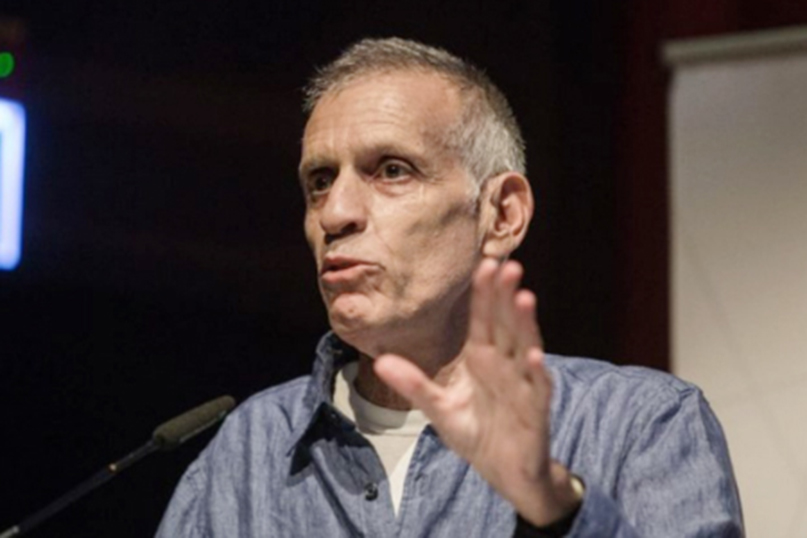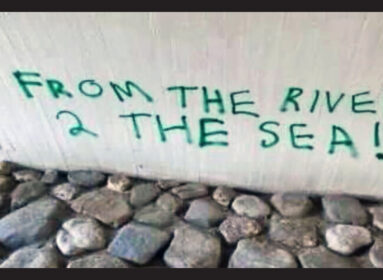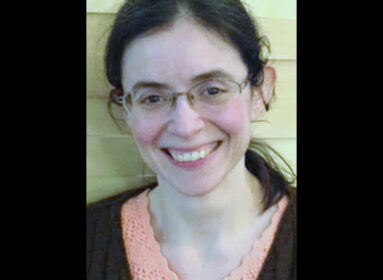
STORRS – The University of Connecticut Humanities Institute (UCHI), in partnership with UConn Global Affairs, has named Professor Maoz Azaryahu as the inaugural recipient of the joint Global Distinguished Humanities Fellowship (GDHF). Dr. Azaryahu is a professor of cultural geography at the University of Haifa in Israel, and the director of Herzl Institute for the Study of Zionism.
Azaryahu’s research includes urban and landscape semiotics, the cultural and historical geographies of public memory and commemoration, the spatialities of memory and narrative, and the cultural history of places and landscapes. He has studied the political history of war memorials and the cultural politics of commemorative street (re)naming in different historical periods and geopolitical settings. These themes are highlights of his numerous authored, co-authored, and edited works including, among others, Positioning Memory (2018), The Political Life of Urban Streetscapes (2018), Narrating Space / Spatializing Narrative: Where Narrative Theory and Geography Meet (2016); and Namesakes: History and Politics of Street Naming in Israel (2012, Hebrew); Tel Aviv.
Noted for his ability to speak across disciplinary boundaries to build productive collaborations with scholars across a wide range of fields, he previously served as a visiting professor of anthropology at Brandeis University, in Jewish Studies at Penn State University, and in Geography at the University of Colorado at Boulder.
Azaryahu’s fellowship at UConn, which takes place in Spring 2021, is sponsored by Ken Foote, the director of Urban and Community Studies Program and Professor of Geography; Nathaniel Trumbull, associate professor of Geography and Maritime Studies; Sebastian Wogenstein and Avinoam Patt of the Center for Judaic Studies and Contemporary Jewish Life; and Chris Vials, director of the American Studies Program.
GDHF was a new opportunity created by UCHI and Global Affairs last year in an effort to foster international collaboration and highlight the importance of the humanities in creating a future that speaks globally to social justice, equity, and the environment. The initiative is designed to strengthen ties with UConn’s international partners by inviting faculty scholars from universities that have ongoing Memoranda of Understanding with UConn.







 Southern New England Jewish Ledger
Southern New England Jewish Ledger














